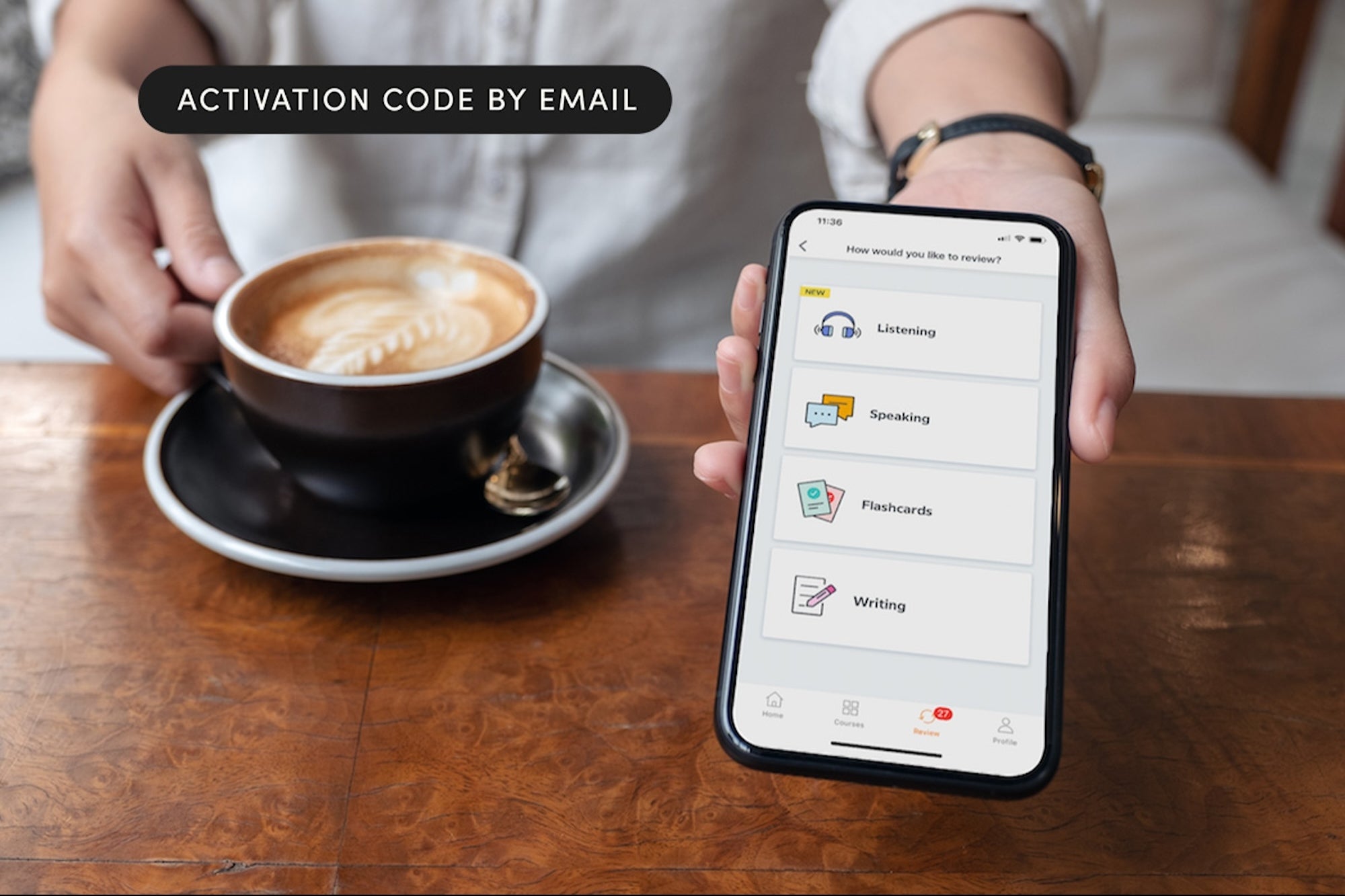The Entrepreneur's Diet for Success and Brain-Boosting Performance Intermittent fasting is more than a trend. It's a life-changer, says this author.
By Ben Angel
Opinions expressed by Entrepreneur contributors are their own.

The following article is based on Ben Angel's book, Unstoppable: A 90-Day Plan to Biohack Your Mind and Body for Success. Buy it now from Amazon | Barnes & Noble | Apple Books | IndieBound, and kickstart your own journey to become unstoppable with The Unstoppable Journal, a one-of-a-kind companion planner curated by Ben himself and designed to help you reach your goals with neuroscience, psychology and biohacking.
According to the International Food Information Council Foundation, intermittent fasting (IF) is the most popular trending diet -- over Keto, Paleo and Whole30 -- and is still gaining in popularity. It's widely reported that IF is exceptionally effective for weight loss, and that much of its popularity came from Hugh Jackman, who used it in preparation for his X-Men movies. But reducing inflammation, improving memory and cognitive ability and boosting overall brain power by increasing ketones are the real reasons IF is so beneficial to anyone looking to become unstoppable -- especially entrepreneurs.
A month prior to beginning my own personal 90-day mission to becoming unstoppable, I chose to do 30 days of IF, taking a picture in the mirror every day to observe the changes and hold myself accountable. Like many, I grew up understanding that I had to eat six small meals per day or that I would risk losing muscle mass if I didn't, a fact which has since been disproven. And while this style of eating did help to maintain my energy levels throughout the day, it did nothing to help me maintain a lower body-fat percentage or stay focused on my goals.
Related: 5 Apps to Boost Your Brown Power
So, what is IF and why should entrepreneurs do it?
Intermittent fasting is a pattern of eating, not a diet. It doesn't change WHAT you eat, so much as WHEN you eat. Instead of consuming food all day long, you limit eating to within a set window of time. The most popular, and easiest to maintain, protocol is to eat for eight hours per day and fast for 16. This is the format I chose to follow, eating between 12 noon and 8 p.m., with some flexibility on weekends. If I broke my fast earlier for some reason, I would simply stop eating sooner. I found that it was actually incredibly easy to maintain, with added benefits to my overall gut health due to having a break from digesting food all of the time.
Put simply, our body isn't designed to be continually digesting. In fact, this requires an enormous amount of energy, energy that could be put to much better use in pursuit of our goals. It is estimated that 65 percent of the body's energy must be directed to the digestive organs after a heavy meal. It's our modern lifestyle that has resulted in us continually snacking throughout the day, but by giving the body a break, it benefits in the following significant ways:
Weight Loss and Management
We've all wanted to lose a few pounds to look and feel better, not to mention the importance of maintaining a healthy weight on your heart and overall health. In a recent review of 40 studies, IF was found to be an effective method of losing and maintaining weight, with an average loss of seven-to-11 pounds over 10 weeks. Ten of these trials, each of which researched changes in appetite, showed no overall increase in appetite for those in the IF groups, despite their significant weight loss.
So, if you think you're going to be starving, think again. When done correctly, you won't feel like you're restricting yourself at all. Instead, you'll benefit from a significant increase in energy and mental clarity, one of the main reasons IF has become widely popular among the silicon valley elite who are put under a tremendous amount of psychological pressure to perform.
The Brain, Memory and Cognition
According to Dr. Mark Mattson, a professor of neurology at John Hopkins University, IF has been shown to increase rates of neurogenesis in the brain. Neurogenesis is the growth and development of new brain cells and nerve tissues, with higher rates being linked to improved brain performance, memory, mood and focus. It has also been shown to boost the production of Brain-Derived Neurotrophic Factor, or BDNF, in some cases increasing by as much as 400 percent. BDNF is considered "Miracle-Gro for your brain" and plays a role in neuroplasticity, which makes your brain more resilient to stress and adaptable to change. It also has positive benefits for your mitochondrial biogenesis, or the creation of new mitochondria in your cells.
Increased Ketones
Unlike glucose, where the energy is derived from sugars and carbohydrates, ketones are derived from fat. Intermittent fasting helps to raise ketone levels by keeping your insulin levels low, putting your body into a state of ketosis, especially when you reduce carbohydrates at the same time. However, I would recommend building up to this. Ketosis is where fat stores are broken down into energy, and the body/brain begins burning fat instead of just using the energy being derived from sugars and carbohydrates in our food.
Ketones are a cleaner, more efficient fuel source and contribute to an increase in mental clarity. Some scientists now believe ketones to be a fourth fuel source for the body, one that can increase focus and energy, along with countless other health benefits. And while you can achieve this same boost in mental clarity, focus and weight loss by following a strict ketogenic diet, and I know many that do, it can be hard to maintain. Many fruits and vegetables simply contain too many sugars and carbs that can take you out of ketosis. Hence, IF is a great option to employ instead.
Related: 5 Science-Proven Ways to Enhance Your Memory
Preventative Health
Further astonishing discoveries regarding IF have shown its influence on protecting against cancer, diabetes, heart disease and even lifespan. Studies have shown decreases to the risk markers for chronic diseases, including lowered blood pressure, cholesterol and reduced insulin resistance, which has been shown to lower the risk of neurodegenerative diseases like Parkinson's and Alzheimer's.
Getting Started with IF
During my initial 30-day trial, I wasn't able to notice any distinct physical changes for the first few weeks. It wasn't until after week four, when I looked back and compared my before and after photos, that I was pleasantly surprised. The stubborn back fat that I had never been able to shift, even with strict calorie-restricting diets, was gone! The best part was I found that IF was far easier to follow and manage than I initially expected, especially with the loss in body fat and boost in energy and mental clarity.
The great thing is that anyone can get started with IF, regardless of your current situation or lifestyle. I always suggest starting by gradually closing your eating window and increasing the time you spend fasting by just an hour a day until you hit the 16/8 window. Don't rush this either. Some people may take up to two-to-three weeks to safely reach, and maintain, this approach. You can drink as much black tea, herbal teas, bone broth and sparkling water as needed during your fasting window to keep yourself satiated. Intermittent fasting is an easy change you can make that boasts myriad benefits for your physical and mental health; so much so, in fact, that I've continued to follow this protocol well after my initial 90-day mission.
Are you ready to become unstoppable?
Visit www.areyouunstoppable.com and take your FREE 60-second online quiz now. By answering a series of simple questions, my software will analyze your results and provide you with a comprehensive report that will indicate your identity type and lead you to the tools and tips you need to close that gap between who you are and who you could be. Take the quiz to get started!












